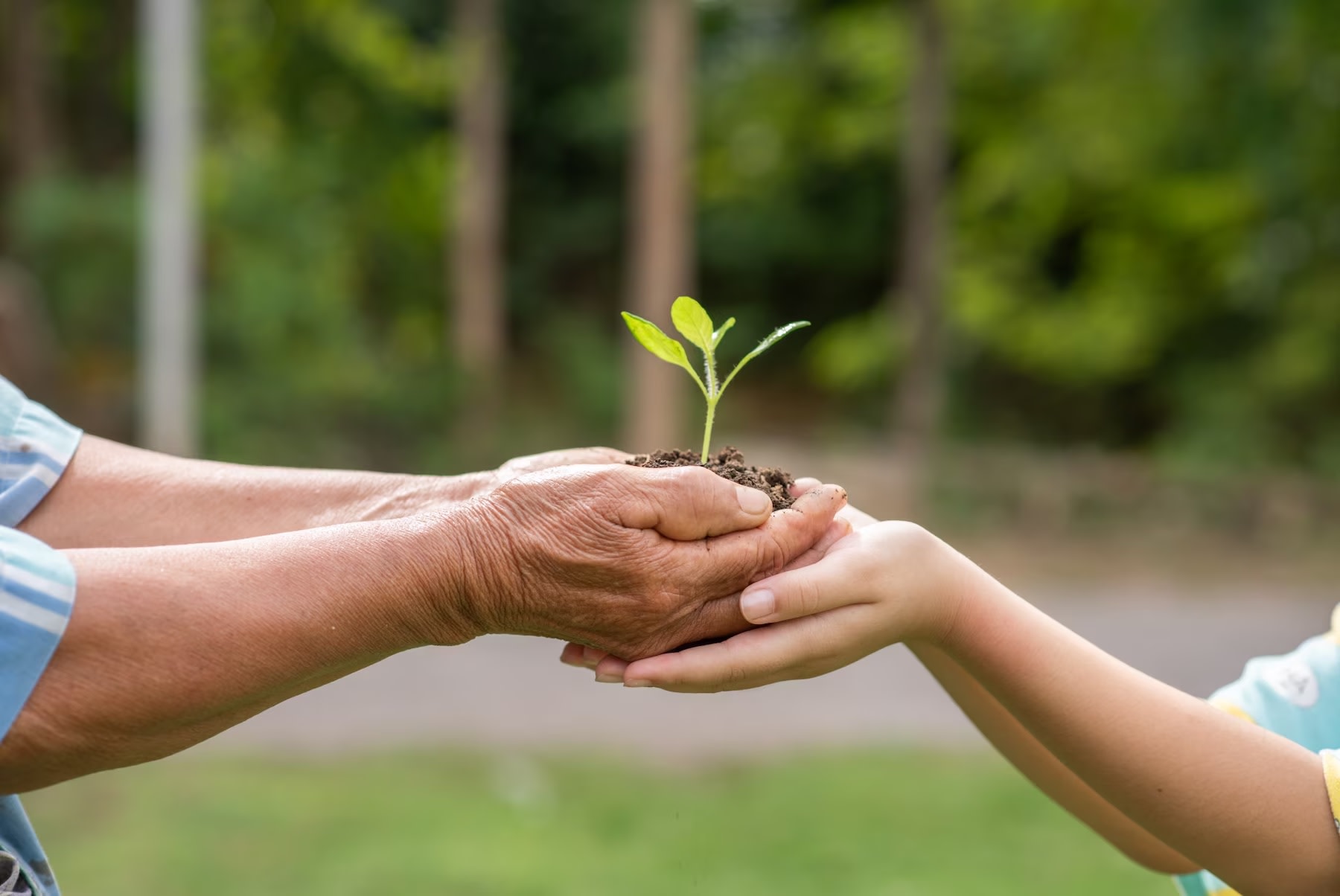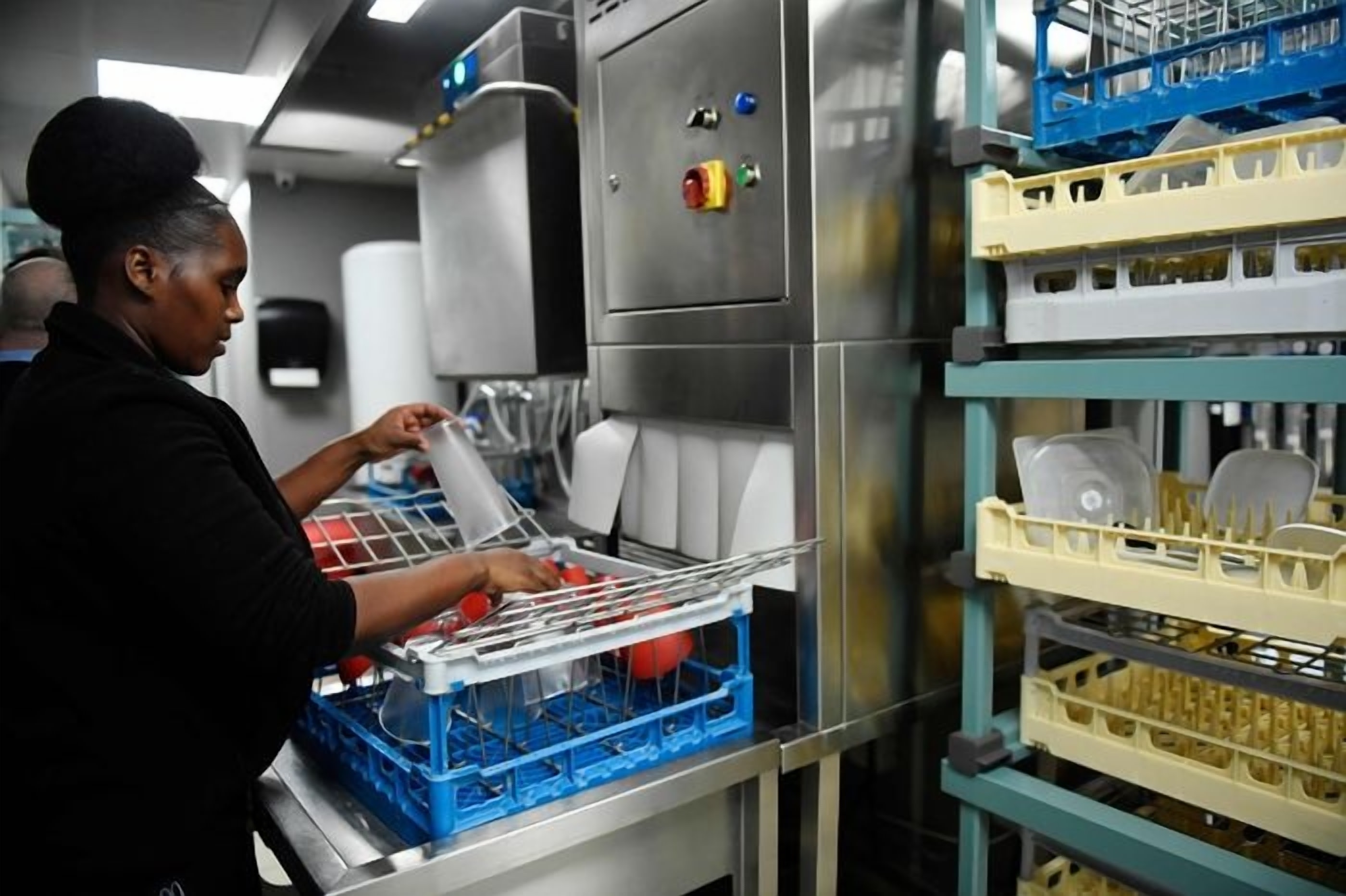Sustainable Living Is Something We Can All Enjoy. Here’s How
Mcdonald's Corp

Onyen Corporation is the first of its kind as an ESG reporting software company in Canada. Moving away from past operations, they started off with a survey, polling a sample size of 1506 Canadians. In the survey, they asked several questions ranging from our intentions as consumers to company labour, diversity, supply chain, and environmental activities. Out of the results though, one that was striking was that four out of five Canadians feel that sustainable living is much easier for those who are already wealthy.
Seeing how the big advocates for sustainable living are often posting pictures on social media, it makes sense that many believe only a few truly get to enjoy this lifestyle. These individuals are often travelling and buying various zero-waste products. For the average Canadian, this lifestyle isn’t so different from a digital nomad lifestyle.
But the reality is that a sustainable lifestyle is much easier than trying to become a digital nomad.
Overall, a sustainable lifestyle is similar to the principles of minimalism: buying everything with purpose and splurging on experiences over material things. It feels expensive, especially when experiences are presented from travelling to distant locations. And so, the best way to recognise that it’s inexpensive is to know exactly how it’s done.
Featured Article: 13 Sustainable Designers And Luxury Fashion Brands You Need To Know
Adopting The True Sustainable Principles
The biggest problem is sustainable living is pitched differently in mainstream media. The overall message is to keep your consumption habits, but instead of buying the wasteful product, go for the sustainable version. It’s a similar idea to going from regular fruits and veggies to organic versions. You’re still buying the same product, but the organic version costs more.
Truly sustainable principles are not even close to that. Even the most budget-friendly principles can be summed up as follows:
Buy less overall
Reuse or repurpose products
And sell anything you don’t need.
All of these things reduce our environmental footprint and protect nature. These are minimalistic practices and can easily qualify as sustainable too.
Making Better Use Of Your Time
As the old adage goes, time is money. However, unusually, we spend way more on convenience than before. We all know that making meals at home is cheaper than buying fast food. You’ll be significantly reducing your carbon footprint by making a point of making meals at home rather than ever going to a restaurant or fast-food joint.
In fact, you’re going to be saving a tonne of money by doing that.
And if you’re worried that you don’t have enough time to make meals, then make them in advance. If supper is already neatly packed and stored in the fridge, it’ll be easier and more convenient to go back home and warm that up rather than order food.
The idea is to look at your activities and find more sustainable alternatives. Instead of driving to work, bike or walk there. You’ll save money on gas and maintenance that way.
Getting Better About Your Money Management
The reason a lot of people think sustainable living is so expensive is that not many of us are financially literate or have the foundational skills to adopt this lifestyle. Sustainable living means being able to look at torn pants and stitch some new pairs using rags of other clothes.
It also means looking at your own spending, preparing a budget, and sticking to it. This is easier said than done as it involves maths and numbers, two things not everyone is all that excited about.
But being able to be resourceful and develop money management skills will help out substantially. It allows you to gradually build up money to put towards quality investments. If you really want to travel, investing in some outdoor gear, a quality backpack, and a few hygiene items will go a long way. And all of that might just cost you not dining out for a handful of months and biking or walking to work on a regular basis.
Every person’s sustainable lifestyle is different, but the process boils down to looking at the good-quality items that you’re looking for and making cuts here and there to certain items that you can live without. Start by looking at subscriptions for services you no longer use, and you might find yourself saving hundreds each month by cancelling those.
Living Sustainable Life Isn’t Just A Rich Person Thing
It’s deceptive considering the items that people are showing off. But like so many other posts on social media, there is a lot that happens behind the scenes. You don’t see those people in remote locations posting about how they quit McDonald's for months just to go on this trip. Instead, you see the gorgeous view and the expensive items they’re flashing.
What’s really expensive about sustainable living is more about the shift in mindset. You’re moving away from mainstream consumerism. Not only that, but you also need to learn to budget and adopt other skills that you brushed aside, like cycling for hours, repairing bikes, stitching clothes, cooking, and so on.
The biggest thing to keep in mind about sustainability is that the most sustainable product you have right now is the stuff that you own right now. Even if it’s made of plastic.
Eric Burdon is our man in Canada. More views on sustainability and ESG can be found at our Featured Articles.



